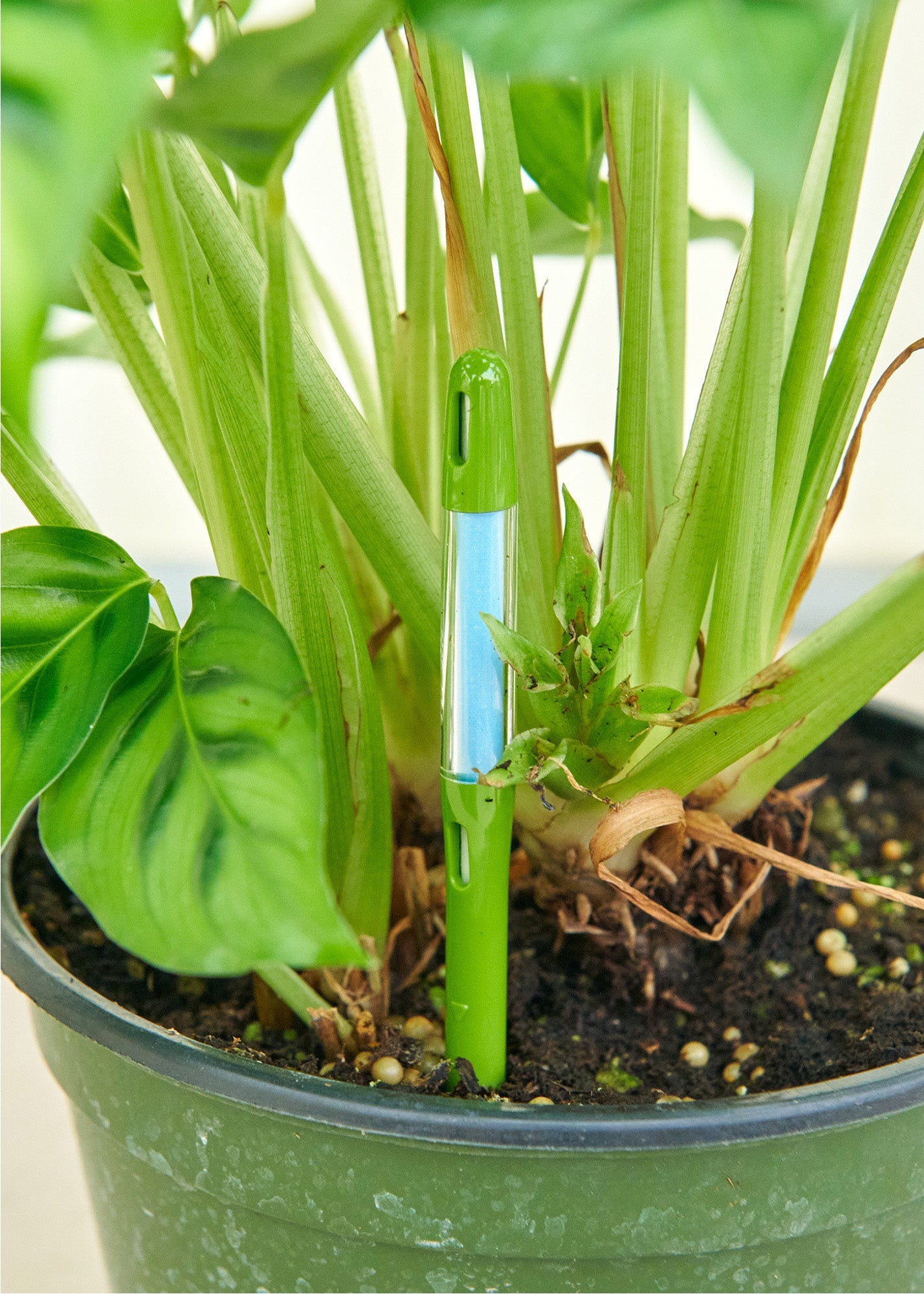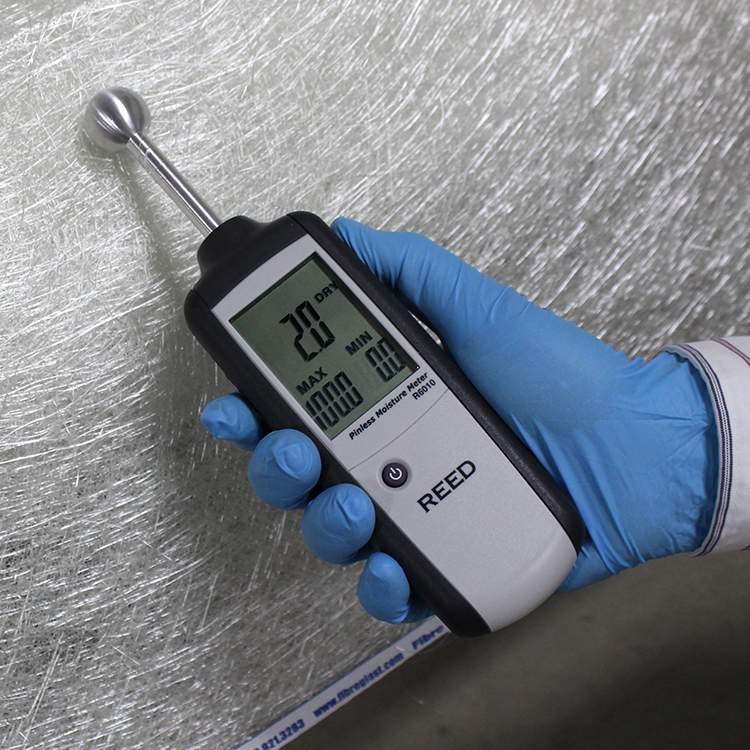The Ultimate Overview to Picking the Right Moisture Meter for Your Demands
The Ultimate Overview to Picking the Right Moisture Meter for Your Demands
Blog Article
The Ultimate Overview to Moisture Meters: A Comprehensive Review and Exactly How They Can Save You Money
In the realm of structure upkeep, building, and various industries, the relevance of properly determining moisture levels can not be overemphasized. Wetness meters function as important tools in detecting and monitoring moisture web content in materials, aiding in protecting against pricey problems and guaranteeing the quality of items. Recognizing the nuances of various kinds of moisture meters, their applications, and the possible cost-saving benefits they supply can be a game-changer for professionals and services alike. Discovering just how these gadgets can not just enhance processes however also add to financial cost savings is a journey worth beginning on.
Sorts Of Moisture Meters
Numerous kinds of wetness meters are readily available for different applications in various industries. One typical kind is the pin-type moisture meter, which measures the electrical resistance between 2 pins inserted right into a product. This type is ideal for wood, drywall, and other structure materials. Pinless wetness meters, on the various other hand, use electro-magnetic sensing unit plates to scan a larger location without causing damage to the product's surface area. These meters are optimal for promptly evaluating dampness degrees in large areas such as walls and floors.
Furthermore, there are likewise specialized dampness meters designed for particular materials like hay, grain, or dirt. These meters give exact moisture readings tailored to the unique buildings of the product being examined. Infrared moisture meters measure the thermal residential or commercial properties of a material to identify its wetness material non-invasively, making them valuable for applications where pin or pinless meters might not appropriate. Understanding the different types of moisture meters offered can assist markets select the most suitable tool for their certain dampness measurement needs.

Benefits of Using Moisture Meters

Additionally, utilizing moisture meters can lead to increased energy performance. In farming setups, dampness meters play a crucial function in optimizing crop yields by making it possible for farmers to check dirt wetness levels and make informed watering choices.
Exactly How to Choose the Right Moisture Meter
Selecting the ideal dampness meter includes considering vital variables such as material compatibility, measurement array, and calibration accuracy. When choosing a dampness meter, it's important to guarantee that the meter appropriates for the details product you will be screening. Different products have varying electric buildings that can impact moisture analyses, so selecting a meter made for your material is crucial for precise results. Furthermore, consider the dimension range of the dampness meter. Ensure that the meter look at here can detect wetness levels within the variety needed for your applications. Calibration accuracy is an additional vital variable to bear in mind (Moisture Meter). Select a moisture meter with reliable calibration to make sure regular and accurate analyses. Some meters might require regular calibration changes, so understanding the calibration process is important. By thoroughly reviewing these elements, you can select a dampness meter that meets your requirements and gives exact moisture measurements for your jobs.
Correct Techniques for Moisture Meter Usage
To make sure exact dampness readings and make the most of the efficiency of a dampness meter, using proper techniques is vital. When utilizing a pin-type dampness meter, put the pins or probes into the material being tested until they make full get in touch with. Make sure the pins are a knockout post vertical to the surface area to obtain one of the most exact analysis. For pinless dampness meters, hold the tool level against the product and relocate it gradually to cover the whole area for a typical reading. It's essential to adjust the wetness meter according to the product being checked to boost precision. Take numerous analyses throughout the surface and typical them out for a much more trustworthy outcome. Furthermore, guarantee that the material being evaluated is accustomed to the atmosphere to avoid skewed readings. Routine maintenance of the moisture meter, such as cleansing the pins or sensing unit, is likewise important to guarantee consistent and exact readings. By adhering to these correct methods, users can count on their dampness meter to supply trustworthy dampness degrees, helping in preventing costly damage or ensuring high quality in different applications.

Expense Savings Via Moisture Meter Applications
Exactly how can the calculated application of moisture meters lead to considerable expense financial savings across different sectors? In the farming sector, moisture meters aid in determining the ideal time for gathering plants, stopping excess or over-drying dampness that can influence the last item's top quality.

Furthermore, in the food processing industry, moisture meters are important for keeping track of product quality and guaranteeing compliance with security policies. By accurately measuring moisture content in foodstuff, suppliers can prevent perishing, keep quality, and minimize waste, leading to considerable cost savings. On the whole, the critical application of dampness meters is a useful investment that can result in substantial price decreases and enhanced efficiency throughout different industries.
Conclusion
Finally, dampness meters are important tools for determining and spotting dampness degrees in various products. By using the right wetness meter and adhering to appropriate techniques, individuals can efficiently prevent expensive problems triggered by excess moisture. Spending in a high quality dampness meter can cause significant expense savings over time by identifying possible issues beforehand and allowing punctual remediation. Inevitably, moisture meters are necessary instruments for preserving the honesty and longevity of materials and frameworks.
Wetness meters offer as indispensable tools in finding and checking moisture content in materials, assisting in avoiding pricey damages and guaranteeing the top quality of products. Infrared dampness meters gauge the thermal residential or commercial properties of a product to establish its moisture Go Here content non-invasively, making them helpful for applications where pin or pinless meters may not be appropriate.Wetness meters use very useful advantages in accurately assessing and keeping track of wetness levels in diverse materials and environments. In agricultural settings, dampness meters play a crucial role in optimizing plant returns by making it possible for farmers to keep an eye on dirt wetness levels and make informed watering choices.In final thought, wetness meters are important tools for spotting and measuring dampness levels in various materials.
Report this page